Working with Purpose.
“What is this Purpose?” I hear you say. It’s about reimagining the way we do business. Placing the social and environmental needs first and then building a business model around them. For example, Keep Cup’s Abigail Forsyth built a business around a desire to reduce the amount of waste going to landfill from disposable cups without sacrificing the taste of the morning brew Melbournians love.
Purpose, an action packed two day conference bringing together a group of 200 hand picked influencers from corporations to social enterprises, B corps to government agencies and not for profits to co-ops. The topic was 21st century businesses and their purpose.
Attendees debated, explored and workshopped what it means to do business with purpose and what business models can be employed.
So, Profit vs Purpose OR Profit for Purpose?
One of the concerns with the current growing trend for companies to set purpose driven goals is that they will quickly trade them in to achieve better economic growth.
But can the two go hand in hand?
Sceptics will say, “purpose is just another buzzword” and that in a few years be as diluted and vague as green or sustainable. “Can you really have a business that is profitable whilst sharing value with society and the environment?” And of course, “what about the shareholders, will they be happy with a lower ROI?”
However, the panelists at the Purpose conference agreed that profit doesn’t have to be traded for purpose. In fact, as Jaxx from from Social Traders pointed out,purpose can be a point of differentiation to drive business and that it is an important way to validate the work of a business. Of course, the panelists were also keen to point out that purpose alone is not enough. The business must be run soundly because, as Powershop’s Ben Burge pointed out, “you can’t change the world if you go broke”.
What we need to remember is that purpose driven businesses are appealing to consumers who share their values. It’s about finding their tribe. Drawing parallels to how in recent years we have seen the global economic growth decouple, firstly from the production of goods to a service based economy, and then the emergence of a decoupling of economic growth from fossil fuel consumption. This has shown that it is indeed possible to have profitable companies who also give back socially and environmentally.
Who Gives a Crap, the Melbourne startup that produces recycled toilet paper with 50% of profits going to build toilets in the developing world is an excellent example of this. The company is thriving and going from strength having produced a product that is both socially and environmentally conscious whilst importantly providing consumers a product which is price competitive with other solutions in the market.
Even established companies can uncover their purpose and grow around it. Bank Australia was an excellent example of this starting, as a community co-op and evolving into a bank with a national footprint. They are driven by wanting to create mutual prosperity for themselves and their customers, who are also their shareholders. This includes a range of environmental initiatives from low interest green loans to a land bank to offset new housing developments that their customers partake in.
Ok, but how can you work with purpose every day?
What’s the difference between a job that pays the bills and a job you spring out of bed for in the morning?
Throughout the conference we were reminded that our daily tasks should reflect our overall purpose. Often people crowd themselves with tasks are not critical and end up not fulfilling the tasks they need to do to progress. Working with purpose can help you focus your time on tasks that are critical for your organisation through having clear objectives and direction of where you are going.
It is also important to build a purposeful team. Most presenters at the Purpose conference agreed that when scaling your company choosing employees who share your purpose is important to maintain the culture that has been created. Kyra Maya Phillips, author of the Misfit Economy, summed up what it means work without purpose, “it’s like sitting in a hot tub of mediocrity and waiting for the jets to come on”.
And the most important take-home?
After two days of incredible speakers I was left feeling pretty inspired. But one poignant moment sticks with me. It came during the presentation by Audette Exel, founder of the Adarra Group’s talk. Audette reminded all of us that it is in fact a privilege to be able to sit back and contemplate working with purpose. For many in the developing world choices are made for them not with them and that is why we should be grateful to have the power to work with purpose.
One10 is looking forward to working with the team from Purpose in the future to help businesses find their purpose and grow positive social and environmental impacts in Australia and the world.











